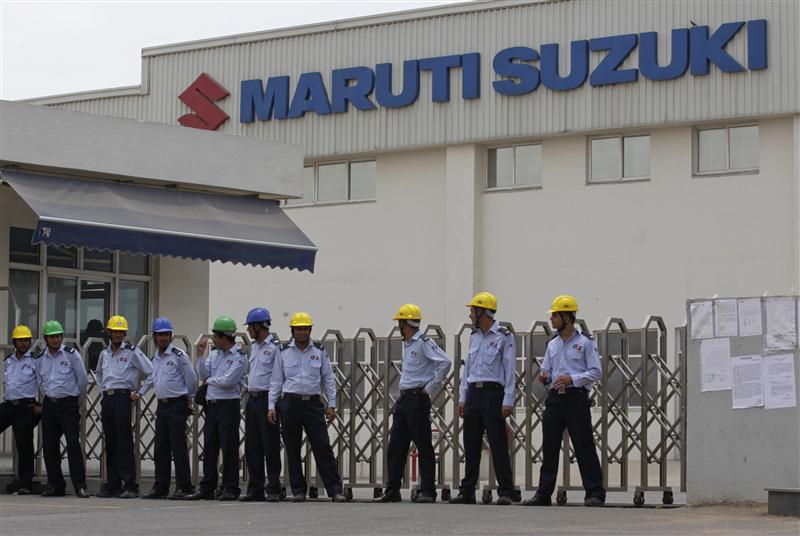The recent automotive success of Suzuki Motor Corp. in Japan marks a stark juxtaposition to the struggles faced by workers in its production plants. As Suzuki celebrates becoming Japan"s leading car importer, the realities of labor rights violations and economic exploitation persist, particularly in low-cost manufacturing hubs like India.
Suzuki"s Market Triumph
In June 2025, Suzuki surpassed Mercedes-Benz to become the top car importer in Japan, driven by the overwhelming popularity of the Jimny Nomad and other compact SUVs produced in India. Despite its relatively small global output compared to giants like Toyota, Suzuki"s triumph is significant, with the Jimny Nomad attracting about 50,000 pre-orders before its official launch.
The Hidden Cost of Cheap Production
While Suzuki"s profits soar, the labor conditions in its Indian plants tell a different story. Workers at Maruti Suzuki, the company"s Indian subsidiary, often face unsafe working conditions, long hours, and inadequate wages. Reports indicate that the average wage for a factory worker in India remains strikingly low, with many earning less than $5 a day. This reality starkly contrasts with the profits being reported from these same operations.
Worker Exploitation in Focus
As Suzuki ramps up production to meet soaring demand, the consequences for workers are dire. Labor rights organizations have raised alarms about the company"s treatment of its workforce, citing instances of intimidation against union organizers and a blatant disregard for safety regulations. For example, a recent report by the International Labor Rights Forum highlighted the lack of protective equipment and the prevalence of workplace injuries at Maruti Suzuki plants.

Maruti Suzuki workers" strike
The Illusion of Economic Justice
The narrative surrounding Suzuki"s success often neglects the broader context of economic justice. With the Indian car market projected to reach 20 million units annually by 2047, the question arises: who truly benefits from this growth? Economic data shows that while Suzuki aims for a 50% market share by 2030, the wealth generated from this expansion is not trickling down to the workers who are the backbone of this production.
Disparities in Wealth Distribution
According to the World Bank, income inequality in India continues to rise, with the top 10% of earners taking home a disproportionate share of wealth. This stark reality raises ethical questions about the practices of multinational corporations like Suzuki, which prioritize profit over the welfare of their workers.
Consumer Responsibility in a Global Economy
As consumers, we must confront the ethical implications of our choices. The allure of affordable cars produced in India comes with a hidden cost—human suffering and exploitation. Suzuki"s success in the Japanese market should prompt a conversation about the responsibility of consumers to advocate for fair labor practices.
Mobilizing for Change
Grassroots labor movements are essential in combating these injustices. Workers at Maruti Suzuki have attempted to unionize, but face significant pushback from management. As reported by HuffPost, successful union drives in the automotive sector have been met with relentless opposition, highlighting the need for solidarity among workers globally.

Toyota cuts 2026 global EV output plans by a third, Nikkei ...
The Role of Government and Policy
Government intervention is crucial in ensuring labor rights are respected. The Biden administration"s ongoing discussions about tariffs on imported vehicles underscore the complexities of global trade and labor standards. As President Trump pushes for higher imports of American-made vehicles, the focus should also be on enforcing fair labor standards for all workers involved in the supply chain.
Advocating for Fair Practices
Advocacy groups are calling for stricter regulations on labor practices in global supply chains. The demand for transparency in how products are made can empower consumers and push corporations to prioritize ethical practices. As reported by the Reuters, there is a growing movement advocating for corporate accountability, urging companies to disclose their labor practices.







![[Video] Gunfire between Iraqi security forces and Sadr militias in Baghdad](/_next/image?url=%2Fapi%2Fimage%2Fthumbnails%2Fthumbnail-1768343508874-4redb-thumbnail.jpg&w=3840&q=75)
